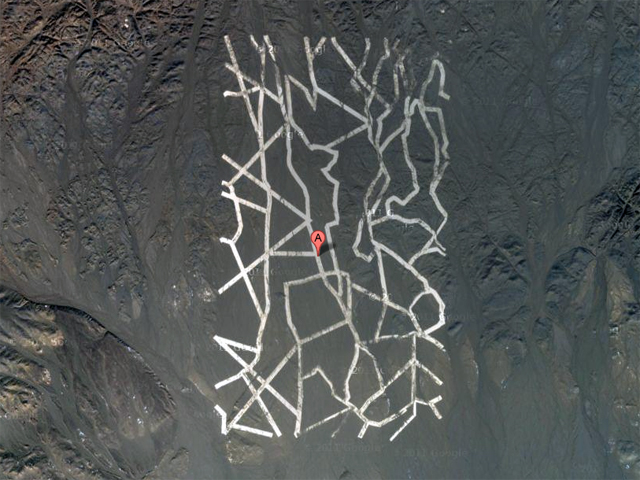
© American Farm Bureau FederationClick here for a high resolution PDF version. Washington, D.C., - The retail cost of menu items for a classic Thanksgiving dinner including turkey, stuffing, cranberries, pumpkin pie and all the basic trimmings increased about 13 percent this year, according to the American Farm Bureau Federation.
AFBF's 26th annual informal price survey of classic items found on the Thanksgiving Day dinner table indicates the average cost of this year's feast for 10 is $49.20, a $5.73 price increase from last year's average of $43.47.
"The cost of this year's meal remains a bargain, at just under $5 per person," said AFBF President Bob Stallman, a rice and cattle producer from Texas. "The quality and variety of food produced for our dinner tables on America's diverse farms and ranches sets us apart from our contemporaries around the world. It is an honor for our farm and ranch families to produce the food from our nation's land for family Thanksgiving celebrations."
The AFBF survey shopping list includes turkey, bread stuffing, sweet potatoes, rolls with butter, peas, cranberries, a relish tray of carrots and celery, pumpkin pie with whipped cream, and beverages of coffee and milk, all in quantities sufficient to serve a family of 10. There is also plenty for leftovers.
The big ticket item - a 16-pound turkey - came in at $21.57 this year. That was roughly $1.35 per pound, an increase of about 25 cents per pound, or a total of $3.91 per whole turkey, compared to 2010. The whole bird was the biggest contributor to the final total, showing the largest price increase compared to last year.









